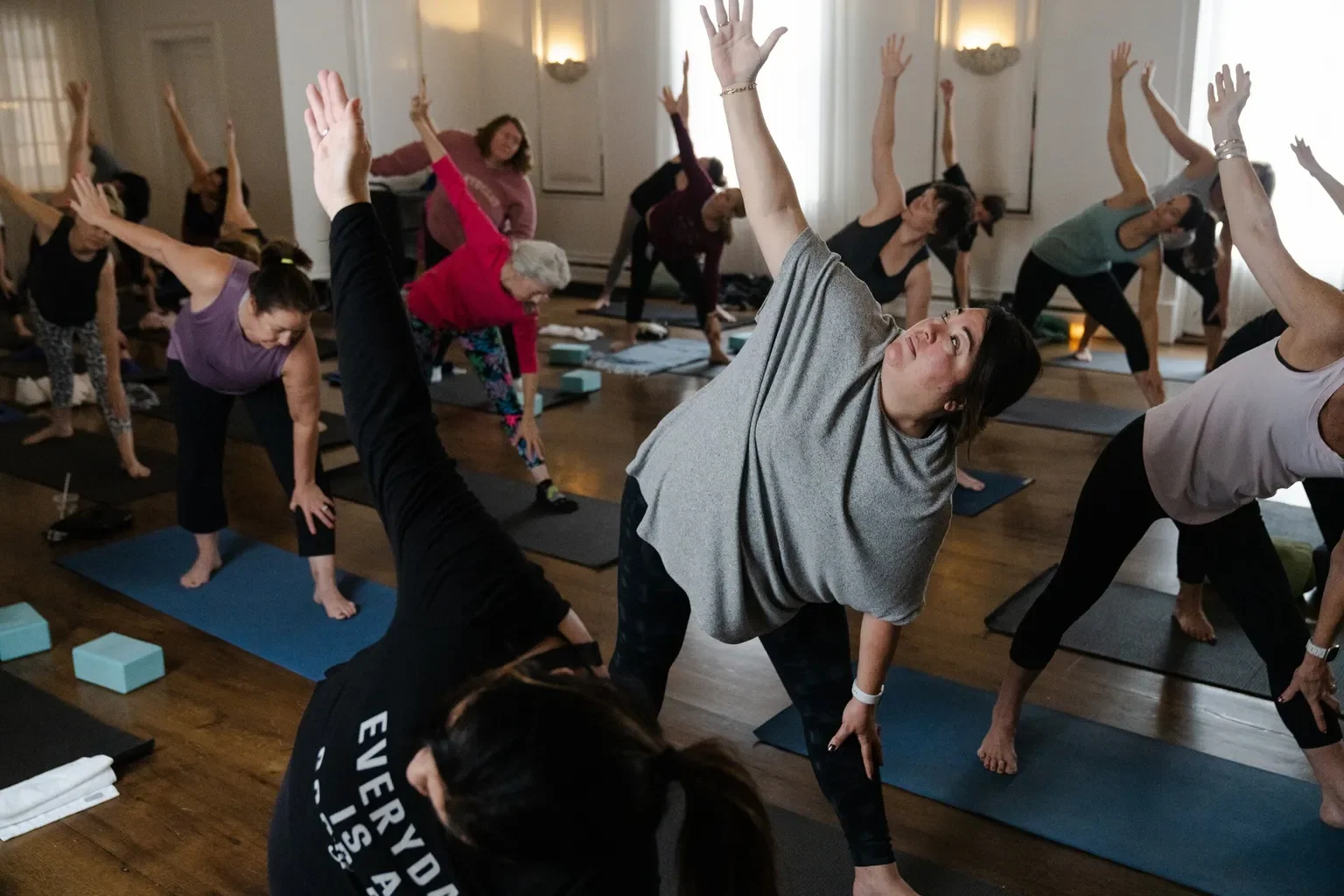There is a particular kind of loneliness that comes from loving someone who is hurting themselves. It doesn’t always look dramatic. Sometimes it looks like an extra drink at dinner. A promise to cut back that never quite sticks. A partner who feels present one minute and gone the next.
Read MoreThere’s nothing weak about being vulnerable. The truth is, it takes tremendous courage to soften when every instinct tells you to armor up.
When I talk about masculinity, this is what I mean. We’re told that to be a man is to push through pain, to hold the line, to be the protector. But what strikes me as far braver is the willingness to crack that shell, to let the world see you as you are, and to accept yourself even when it feels risky.
Long ago, our survival depended on noticing danger quickly. The brain learned to treat negative experiences as more important, more memorable, more worthy of attention.
Read MoreThe COVID-19 pandemic created a rapid and lasting shift in how therapy is delivered, with telehealth moving from a necessity to a viable long-term option. One of the biggest questions for trauma therapists was whether EMDR could be delivered effectively and ethically through a screen.
Read MoreWork stress is something that brings many folks to therapy, but lately we’ve noticed an uptick in anxiety around work here in Seattle and Kirkland.
Read MoreDissociation - the brain’s way of mentally “checking out” during extreme stress - can either serve as a protective mechanism or become a chronic challenge. Learn more in Kayla Ritchie’s Huffington Post article.
Read MorePull up a chair and enjoy our new series Shared Space: Stories from our Therapists. This series is an invitation to get to know the people who may sit with you in hard moments. You’ll find candid conversations, personal stories, and reflections on how each therapist approaches connection and healing. No clinical jargon, just real stories to help you get a feel for each therapist’s voice, values, and vibe before you ever book a session or make a recommendation. Enjoy!
Read MoreIn Dialectical Behavioral Therapy (DBT), many of the concepts and skills focus on increasing our ability to think flexibly and find balance. One area that I often explore with clients is their ability to balance maintaining the relationships in their lives with maintaining their own self-respect.
Read MoreStress is a large part of the human experience. But sometimes, it doesn’t even seem possible to manage our stress. It’s too big, too uncertain, too quick moving, and too mind-boggling to even begin to sort out. This feeling might actually be overwhelm and not stress, but distinguishing these two emotions can be tricky.
Read MoreIf you look up the definition of health, you will likely see descriptions of a person having total physical, emotional, and mental well-being. But even this definition continues to be updated and built upon. Finding one singular explanation of health is challenging, especially when you include larger cultural ideas regarding health.
Read MoreDefined by the medical community as pain lasting three months or longer, chronic pain is closely linked to mental health, and can have an immense impact on a person’s psychological well-being.
Read therapist Tucker Robinson’s thoughts in this Seattle Times article.
Read MoreWhen I started my journey as a therapist, I carried a mix of excitement and uncertainty. I knew why I was here. I wanted to become the kind of person I didn’t have supporting me while growing up. As an Asian American man, therapy wasn’t something we talked about in my community or in my family. There was a strong message, spoken and unspoken: push through, don’t complain, keep the family in mind. Emotions were often seen as distractions, even threats to harmony. So when I first found the language to describe my own internal experience in college, it was like a dam breaking.
Read MoreTherapists say it's an important way to reconnect with yourself and help combat the anxiety so many of us are feeling.
Read therapist Tychelle Graham-Moskowitz’s thoughts in this Huffington Post article.
Read MoreHere’s the thing: panic is your body’s built-in alarm system. It’s your nervous system flipping into high alert, even when there’s no real danger. Understanding what’s happening inside your body can make the experience a little less overwhelming - and knowing a few simple ways to slow things down can make panic feel a whole lot more manageable.
Read MoreLoneliness is not a permanent state; it’s a signal, a quiet invitation to notice ourselves and how we want to relate to others.
Read MoreIn one of our recent blog posts, we talked about how couples can begin repairing trust after lies. That piece resonated with so many of you, and it makes sense. Trust is at the core of every healthy relationship, and when it’s broken, the path forward can feel uncertain.
Read MoreAs someone who grew up in a family of five kids, I know firsthand how wonderful family can be. I also know how complex it can feel when communication breaks down or when life’s challenges make it hard to stay connected.
Read MoreFood is everywhere. It’s not just about nutrition or fuel. It’s tied to memory, family, culture, identity, and control. It can be a source of joy, or it can be a place of shame and guilt. For many people, it’s both.
Read MoreWhen people think of therapy, they often imagine sitting on a couch, talking through their experiences, trying to make sense of pain with words. But some of our most overwhelming experiences, especially trauma, don’t live in words alone. They live in the body. That’s where Somatic Experiencing comes in.
Read MoreTucker opens up about his journey from finance and chronic pain to somatic therapy and meaningful work. In this honest reflection, he shares how ignoring his body nearly broke him, and how learning to listen changed everything. His story offers a new vision of masculinity rooted in presence, vulnerability, and self-trust.
Read More




















